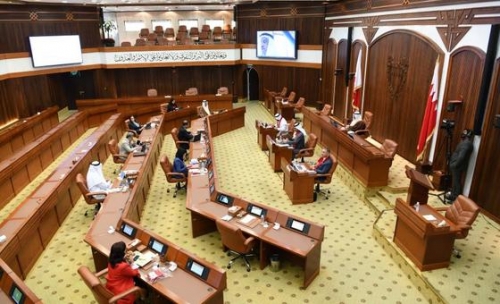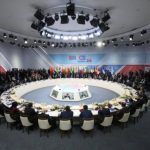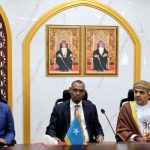international standards of quality assurance”. He urged his colleagues to focus on the long-term benefits of the law rather than short-term concerns.
Despite the mixed feedback from Shura Council members, it is evident that there is a shared interest in ensuring that translation services in Bahrain are of the highest quality. The proposed law aims to regulate the translator profession to ensure that only licensed professionals and approved offices are able to provide translation services. Supporters of the law argue that this is necessary to uphold standards and meet the demands of the country, which requires Arabic for official transactions. However, some members have raised doubts about the need for such regulations, citing existing laws and practices already in place.
Critics of the proposed law point out that Bahrain already has certified translators for government matters and a translation office within the Legislation and Legal Opinion Commission. They argue that these already meet the goals of the new proposal and that creating new regulations may only serve to complicate matters. Furthermore, they suggest that the typical approach in Bahrain is to regulate professions only where public health, safety, or a large pool of professionals is involved, questioning if regulation of the translator profession is necessary.
Head of the Legislative and Legal Affairs Committee, Dalal Al Zayed, shares these concerns and questions the need for new regulations for translators. She emphasizes that Bahrain already has laws in place that address language services, including real-time translation, and suggests that extending regulations to other fields, such as legal translation, may be a better approach. Dr Mohammed Ali Hassan also questions the need for new rules, pointing out that there are already numerous laws and decisions that touch on translation issues. He suggests that the draft lacks direction and proposes further discussions between the committee and supporters of the law.
Despite these concerns, supporters of the proposed law, such as Redha Faraj, argue that regulating the translator profession is essential for global trade and investment. Faraj believes that reliable translations are crucial for attracting foreign investments and building trust with international partners. He emphasizes that clear and legally sound documents will not only boost Bahrain’s global appeal but also protect consumers, lower legal and financial risks, and ensure adherence to international quality standards. Faraj urges his colleagues to consider the long-term benefits of the law and its potential impact on Bahrain’s standing in the global market.
In conclusion, the debate over the proposed law to regulate Bahrain’s translator profession highlights the importance of ensuring high-quality translation services in the country. While there are differing opinions among Shura Council members, it is clear that there is a need to address the standards and regulations surrounding translation work. Further discussions and revisions may be necessary to align the proposal with existing laws and practices in Bahrain and to ensure that the law serves the best interests of the country and its global trade relationships. Ultimately, the goal is to establish a framework that will enhance the quality of translation services, promote trust and reliability in global transactions, and position Bahrain as a competitive player in the international market.

Leave a comment
Leave a comment

























